
Medical Economics readers share their opinions.

Medical Economics readers share their opinions.
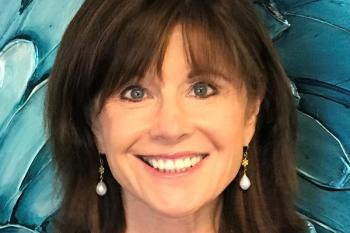
Special interests keep patients in the dark, right where hospitals want them.

Use of pharmacogenomic testing enables physicians to ensure that the safest, most effective medications are prescribed to every patient, reducing trial and error prescribing and improving treatment outcomes.

Medical billing and collection is a broken system with far-reaching negative consequences-it’s about time we got down to fixing it.

Five physicians discuss how the performance of their systems affects their workload, careers, and ability to treat patients.
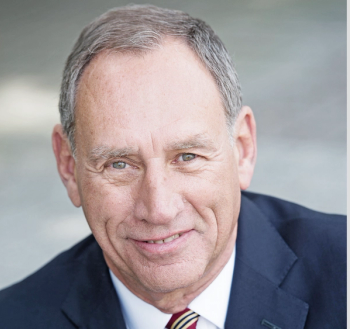
What does his move mean for digital healthcare?

EHRs don't work well enough.
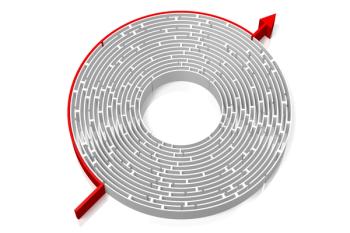
Getting patient data into their EHR is rated as a major problem. So how are doctors getting the patient data they need when they need it?

Letters from our readers
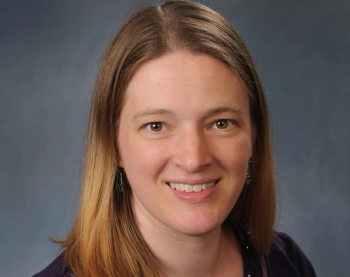
A runner-up of the 2018 Physician Writing Contest reflects on her role in patient care.

It’s important for physicians to gain staff buy-in on cybersecurity, as it can affect the future of the practice and their jobs.

A new health information exchange will include all major EHR vendors.

Some physicians have resisted electronic health records systems and still rely on paper.

When staff are fully engaged in their work and feel empowered to do it, they can meet and even exceed performance targets.
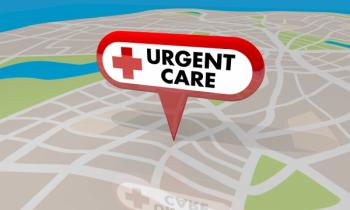
Routinely evaluating patients’ needs in the increasingly on-demand approach to healthcare is critical to success.
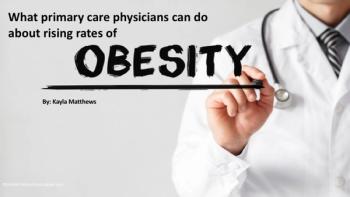
Overcoming obesity is a daunting goal, especially when patients hear that carrying too much weight is becoming a societal norm in some places. This list should give PCPs useful guidance as they communicate with obese or at-risk patients about effective ways to trim down.

Pilot program offers 25 quarterly questions in lieu of 10-year test.

Independent primary care providers, a cornerstone of our healthcare system, are key to the success of this national paradigm shift to value-based care.

Proposed CMS billing changes have physicians concerned about revenue.

Automated robotic processes can take tedious billing tasks off employees’ plates.

Learn the truth about four common misconceptions about the faster, easier, and most cost-effective way to certify.

Physicians’ battle to limit maintenance of certification requirements continues despite testing changes.
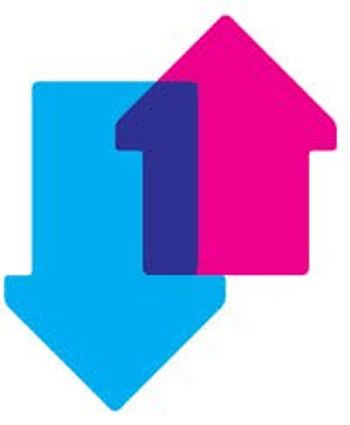
Prescription drug prices are rising, but there are ways physicians can help patients find cheaper prices.

Six models physicians can explore to create economies of scale while preserving some career autonomy.

The new ACP president discusses gender equality in medicine and why collaboration is needed to fix healthcare.